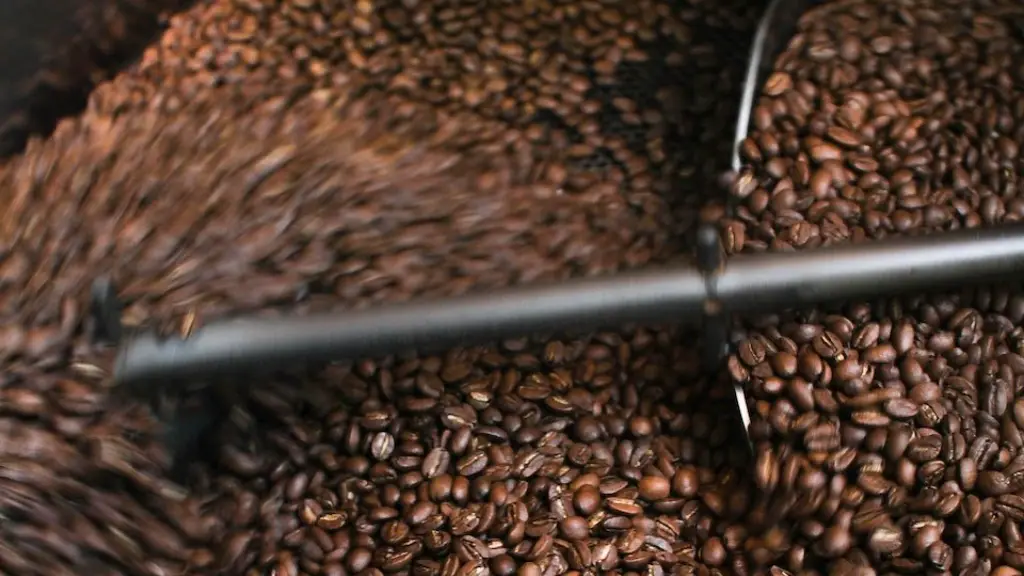Coffee is a highly debated and controversial subject of discussion when it comes to pregnancy. On one hand, there are those who feel that coffee consumption in moderation is safe and acceptable. On the other hand, there are those who are very wary of the potential harmful effects of caffeine on a pregnant woman and her unborn child.
Based on previous studies, the national “moderate” caffeine consumption recommendation for pregnant women is less than 200 milligrams per day, or about one 12-ounce cup of coffee. The American College of Obstetricians and Gynecologists (ACOG) detects that consuming more than 200 milligrams of caffeine per day is not associated with an increase in the chance of having a miscarriage, however, some research shows that ingesting too much caffeine may increase the risk of having a premature baby.
A study published in the British Medical Journal in 2020 analyzed more than 1,700 pregnant women in Norway who had the same amount of caffeine intake during their pregnancy. Results showed that there was no increased risk of preterm delivery if women consumed up to 200mg of coffee a day—the equivalent of two cups and a half.
Although research has found some benefits of coffee consumption during pregnancy, it is important to note that extra caffeine can make it difficult to sleep and can be difficult to consume to stay hydrated because of its diuretic (dehydrating) effects. Additionally, too much caffeine can cause heartburn and indigestion. When pregnant women take caffeine in large amounts they could increase the risk of having an abnormal heart rhythm or cardiac arrhythmia.
Furthermore, doctors suggest that if you have a history of miscarriages, you might want to totally avoid drinking coffee during pregnancy. Also, if you have any kind of anxiety disorders, it might be a good idea to limit the amount of caffeine ingested.
Energy Drinks
Energy drinks are especially a concern for pregnant women, as the amount of caffeine can be significantly higher than a cup of coffee. According to the American Pregnancy Organization, caffeine in isolated forms like coffee, tea, soda, and chocolate is fine in moderation but energy drinks contain many different ingredients, some of which may not be safe for pregnant women.
The substances that make up an energy drink are mainly energy boosters such as caffeine and taurine, carbohydrates and sugars, vitamins, herbs, and minerals. Additionally, other stimulants like guarana and ginseng are often added and those are the ones that should be particularly avoided during pregnancy because long-term use of them can cause the baby to put itself at risk. Overall, there’s no harm in having one energy drink every once in a while but having them often throughout pregnancy is not recommended.
Decaf Options
Decaffeinated coffee is a great alternative for those moments where you just need a cup of coffee. Decaf coffee still retains some caffeine, however much less than a regular cup of coffee. The American Pregnancy Association suggests that pregnant women should consume no more than 200 milligrams of caffeine per day, which means one 12-ounce cup of regular coffee, two to three 8-ounce cups of decaf coffee, or three to four cups of tea.
Nonetheless, it is important to remember that decaffeinated coffee also contains some amount of caffeine that may not be entirely removed, as it depends on the roasting process. Because of this, it is always highly advised to consult a medical professional to get the most accurate advice.
Caffeine Alternatives
If it is preferred to avoid coffee altogether during pregnancy, there are plenty of other options to try. One popular choice is herbal teas, which are made with herbs that are naturally caffeine-free. Additionally, ginger tea can be very useful in relieving nausea and vomiting during pregnancy, although it is important to make sure that it is not consumed in high quantities, as it may cause a miscarriage.
Soups and broths are also good caffeine alternatives since they are very easy to make and will keep you hydrated. Plus herbal infusions such as chamomile, lemongrass, peppermint, and lavender have a delicious flavor and will help in relaxation and reduce common symptoms of pregnancy like nausea and stress.
Natural Tips for Replacing Coffee
If you are struggling to get rid of your coffee craving, these natural tips may help:
- Drink water and other hydrating beverages such as electrolyte-enhanced drinks or coconut water.
- Take your lunch break outside or take a walk and practice deep breathing.
- Focus on mindful activities like stretching, yoga, and other relaxation techniques.
- Enlist your family and friends for support and motivation in changing your coffee habits.
Coffee and Caffeine During Pregnancy
There is no one right answer when it comes to how much coffee pregnant women should drink. Ultimately, it is important to remember that caffeine is a drug and it can have an effect on both the mother and the unborn child. Doctors therefore recommend limiting the amount of caffeine you take in during pregnancy, whether through coffee or other forms. Women need to consider their medical background and condition before they decide how much caffeine they can drink during their pregnancy.
Conclusion
Drinking coffee during pregnancy comes with risks and benefits that should be evaluated for each individual. Everyone is different, so it is best to talk to your doctor to determine the safest and healthiest way to approach the consumption of coffee or other caffeine-containing products, such as energy drinks. By getting all the necessary information, you can make an informed decision about what is best for you and your baby when it comes to coffee during pregnancy.



